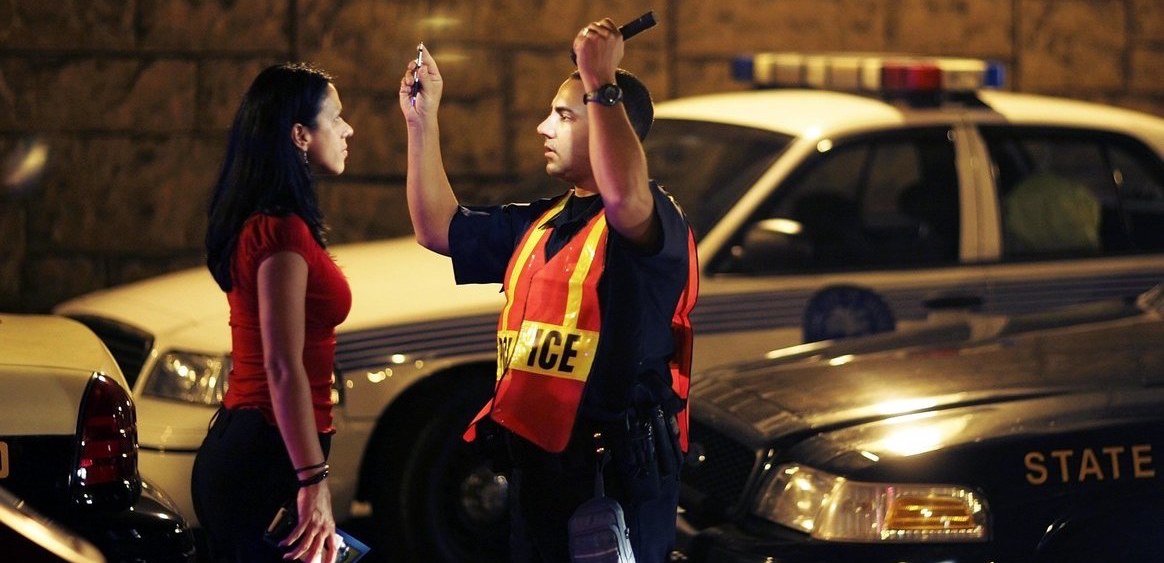Field Sobriety Test
To arrest you for DWI, all a police officer has to show is evidence (probable cause) that you were “intoxicated while operating a motor vehicle in a public place.” While they do have to allege that you met every single element of the DWI statute (aka every single word) they only need to provide minimal, and often hearsay, evidence in every section.
The most difficult portion of that statement, as you might have guessed, is “intoxicated.” One simple way an officer can show you were intoxicated is through field sobriety tests (e.g. the horizontal nystagmus, walk and turn, and one leg stand tests). If you lose your balance on the walk and turn or one leg stand tests, you fail the tests. And they can use this as evidence of intoxication. And if you fail the horizontal nystagmus test, which has a false positive rate of 70%, they can use that as evidence of intoxication. Because these are seemingly objective “tests” telling the officer if you are intoxicated or not, an officer can fall back on you failing these tests as “objective” evidence you are intoxicated.
The walk and turn tests and one leg stand tests are balance tests, which means people that have naturally poor balance or even some type of injury will have trouble doing these tests, regardless if they had anything to drink.
The National Highway and Traffic Safety Administration (NHTSA) is the lead government organization who designed these field sobriety tests. When verifying if their tests worked or not, they conducted three studies. The results for one of the studies is included below (Note: two clues meant someone failed the sobriety test):
San Diego Study (1998):
-
50% of subjects under a .08 had two or more clues on the walk and turn test.
-
40% of subjects under a .08 had two or more clues on the one leg stand test.
-
What this means is that failing any sobriety test such as the Horizontal Nystagmus Test or the Walk and Turn or the One Leg Stand does not prove you were over the legal limit.
To discuss the specifics of your case, please don’t hesitate to give me a call at 512-898-9529 for a free case evaluation.
